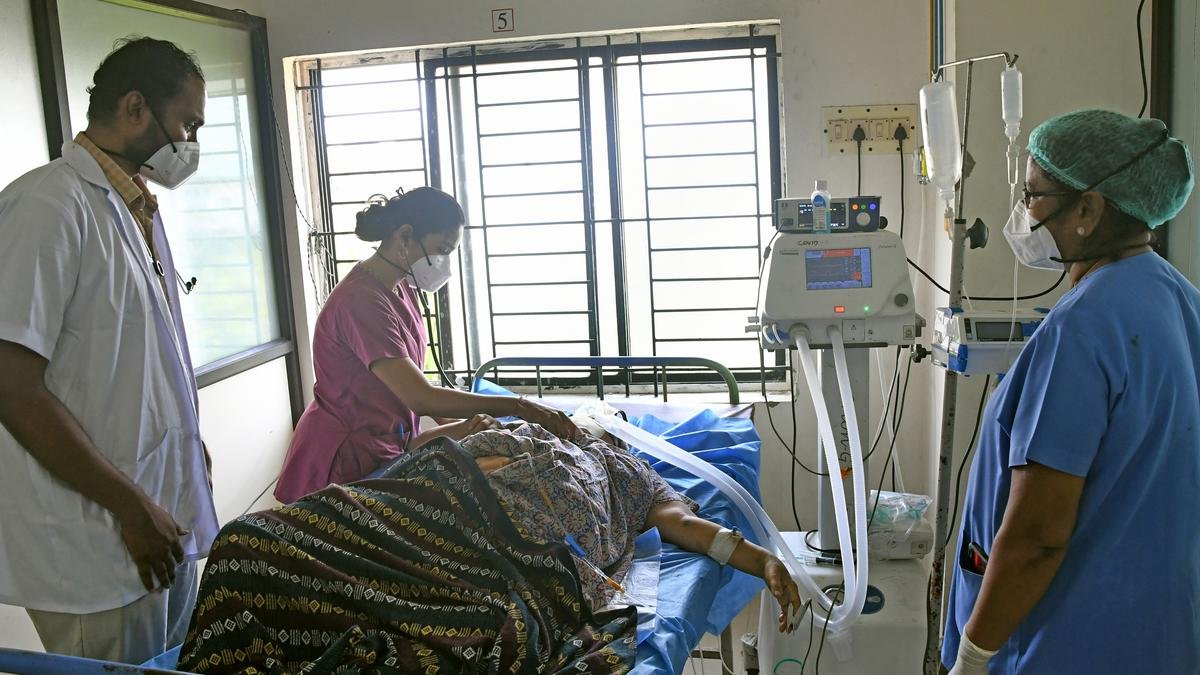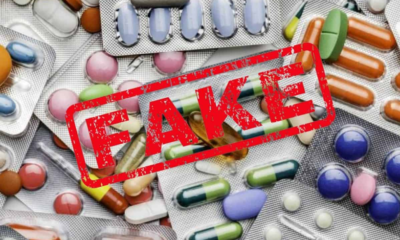News
What Africa Must Do To Grow Digital Healthcare

For digital healthcare to grow and make its desired impact in Africa, certain prerequisites must be in place.
This is the contention of a Cyber Security Engineer at ESET East Africa, Allan Juma,
Prioritisation of data protection is one of those prerequisites, and telehealth platforms in Africa must learn to secure sensitive patient information to ensure continued growth of digital healthcare, he said.
In a statement on Wednesday, Juma explained that telehealth services are vital for the 615 million people in Africa who lack access to basic healthcare, as these platforms connect rural patients with doctors located thousands of miles away.
Cautioning however that virtual consultations generate large volumes of sensitive data, like health records, test results, and treatment plans, they are usually primary targets of cybercriminals.
Juma emphasised that telehealth providers need to invest in advanced cybersecurity measures and educate both healthcare practitioners and patients on best practices for digital safety.
READ ALSO: Rising Costs Of Health Insurance: 6 Guides Which Policy To Choose
READ ALSO: How Cybersecurity And Interoperability Issues Threaten Telemedicine
According to him, electronic health records, patient management systems, hospital infrastructure, and third-party vendors which are usually integrated in telehealth platforms exacerbate cyber security risks.
They are vulnerable because they are interconnected, especially one outlets use unsecured connections.
Precautions To Cyber Security Risks
“This includes mandatory multi-factor authentication and role-based access controls for all users, healthcare providers, administrators, and patients alike”, he said, adding that:
“The approach involves segmenting networks into smaller parts with tight access controls to limit the potential damage of any breach.
“While zero-trust architecture reduces the chance of breaches, Juma acknowledged it cannot completely eliminate human error”.
Esplaining further, he said the trust on healthcare professionals is usually utilised by cyber criminals to unleash their attack, saying there was need for alertness in this area.
According to him, ransomware threats or interruptions in real-time communication, which are especially dangerous in critical care scenarios, are some of the potential threats.
Advocating cybersecurity training for both healthcare workers and patients to guard against these threats, Juma advised Africa’s healthcare providers to ensure they protect patients’ data.
This they should do, to enable healthcare professionals to focus on delivering lifesaving care.

















